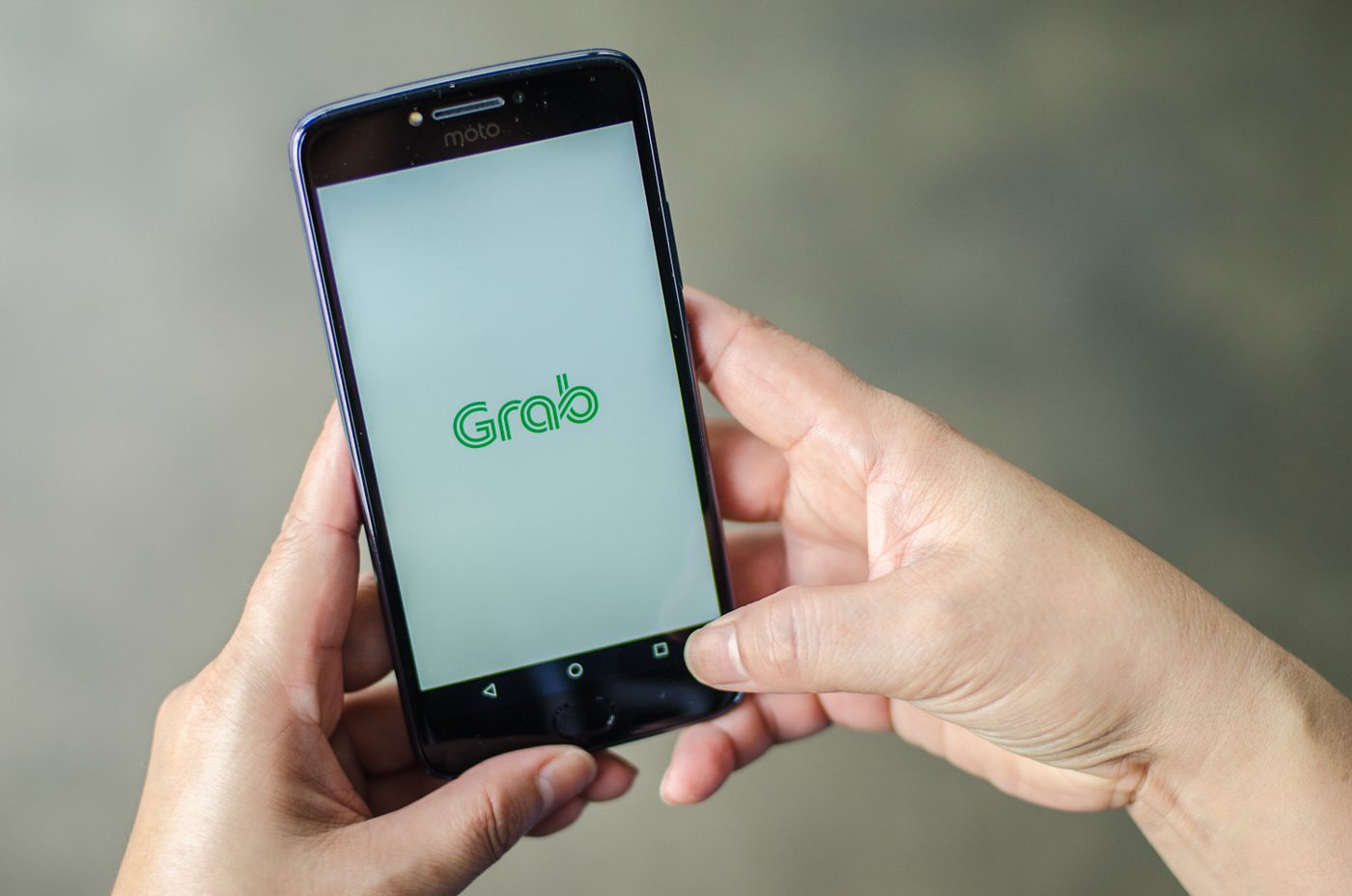SUMMARY
This is AI generated summarization, which may have errors. For context, always refer to the full article.

MANILA, Philippines – Grab Philippines denied the findings of the Philippine Competition Commission (PCC) that its acquisition of Uber Philippines led to higher fares and “deteriorating” quality of service in the ride-hailing market.
In a statement on Wednesday, May 30, Grab said it had received the PCC’s Statement of Concerns (SOC) dated May 22, where the antitrust watchdog said that the Grab-Uber deal “has resulted and will likely continue to result in a substantial lessening of competition” in the market. The SOC is part of the PCC’s ongoing review of the deal.
Grab again argued that there are too many passengers and not enough vehicles. (READ: Grab: Only 35,000 drivers serve 600,000 bookings per day)
“We are of the view that any perceived increase in price is not an exercise of any market power, but the result of demand and supply imbalance given the current shortage of available drivers and the regulatory constraint relating to the transport network vehicle service (TNVS) cap, which are outside of our control,” Grab said.
This demand and supply imbalance, added Grab, “is likely to be temporary” because the Land Transportation Franchising and Regulatory Board (LTFRB) has since accredited 5 other ride-hailing companies – MiCab, HirNa, Owto, Go Lag, and Hype.
But the PCC’s Mergers and Acquisitions Office (MAO) found that the new industry players are unlikely to provide much of a challenge to Grab – at least not in the near future. With Uber’s exit, Grab now controls 93% of the ride-hailing market.
“Such entry of competitors would not be timely, likely, and sufficient because it would take a significant amount of time and cost to build a driver and rider base sufficient to contest the incumbent,” said the PCC.
‘Deteriorating’ service
As for complaints about poor service, Grab noted that it recently launched a “100-day improvement plan to improve driver and rider experience.” One of the top complaints is driver cancellation, though Grab earlier claimed that riders are more likely to cancel than drivers.
The PCC, however, had said that its data show “prices are increasing, while quality of service is deteriorating, to the detriment of the riding public.” Grab, according to the PCC, also increased the frequency of its surge pricing.
The commission’s MAO based its findings on “total observations of 27,648 booking requests over 3 phases” as well as “mystery shopper surveys (a total quota of 1,104 rides),” conducted before and after Uber exited the market on April 16.
“Passenger surveys and interviews… indicate more driver cancellations, forced cancellation of rides, and longer waiting times,” said the PCC.
In response to these findings, Grab said it would share its own market analysis with the PCC, to show that its deal with Uber “has no anti-competitive effect.” The company will file a formal reply to address the points in the SOC.
“We hope that the PCC will fairly assess our arguments and sit down with us to discuss how to address any issues that the PCC may identify moving forward,” the company said.
Illegal fares?
In a separate statement, Grab also maintained that its fares are “legal and upfront,” denying the allegations of PBA Representative Jericho Nograles that it charges illegal rates.
Nograles earlier claimed Grab had an unauthorized charge of P2 per minute of travel and a supposedly illegal P80 minimum fare. The LTFRB suspended the P2 per minute charge – a decision that’s under appeal – and also said it was not informed about the minimum fare.
Grab said a 2015 order from the Department of Transportation (DOTr) allowed transport network companies (TNCs) to set their own fares without LTFRB approval.
“Congressman Jericho Nograles may be rocking the boat for his political ends, not really to protect the riding public. Proof is his own bill in Congress wants the TNCs to set their own fares, exactly what he is opposing now,” said Grab public affairs head Leo Gonzales.
In response, Nograles told Rappler that “Grab cannot change the facts through press releases.”
The lawmaker added: “Grab advertised that they don’t charge per-minute fees, when in fact they did. Grab admitted under oath that they did not inform the riding public, the LTFRB, or the drivers and operators when they implemented the illegal fees on June 5, 2017. Let’s wait for the decision of the [LTFRB] in a few days.” – Rappler.com
Add a comment
How does this make you feel?
There are no comments yet. Add your comment to start the conversation.